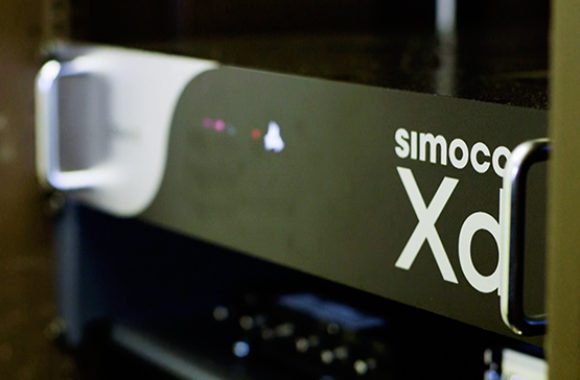DIGITAL MOBILE RADIO
What is DMR?
Digital Mobile Radio (DMR) is a digital radio standard specified for professional mobile radio (PMR) users developed by the European Telecommunications Standards Institute (ETSI), and first ratified in 2005.
DMR operates within the existing 12.5kHz channel spacing used in licenced land mobile frequency bands globally and meets future regulatory requirements for 6.25kHz channel equivalence. The DMR protocol covers unlicensed (Tier I), licensed conventional (Tier II) and licensed trunked (Tier III) modes of operation, although in practice commercial application is today focussed on the Tier II and III licensed categories.
Our solutions
Simoco Wireless Solutions has gone further than anyone else in exploiting the capabilities of DMR to develop our own DMR solution, Simoco Xd, which is fully standards compliant yet with a cloud-based distributed architecture.
In practice, this means that Simoco Xd does not rely on switch hardware that would add cost and reduce resilience, and does not rely on proprietary arrangements for routing traffic which is inefficient and limiting in the absence of a genuine control channel.
Our rich heritage and outstanding expertise as a radio and wireless communications systems integrator means we can design, build and operate complete solutions from terminals to infrastructure and applications.




